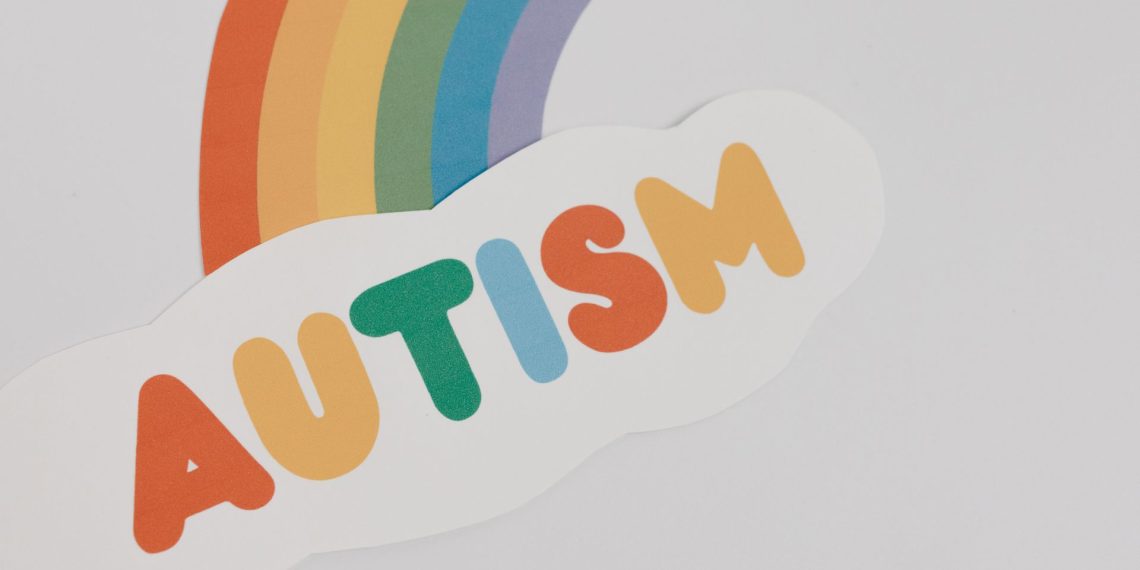Social skills development is a critical aspect of education for children with autism. At Polaris Academy, a leading Special Education School for autism in Mesa, AZ, emphasis is placed on nurturing these skills through group activities and peer interactions. Understanding the unique challenges faced by children with autism, the school tailors its programs to foster social understanding, cooperation, and engagement. This article sheds light on the innovative and compassionate methods used at Polaris Academy to enhance social skills in children with autism.
- Structured Group Activities for Autistic Learners:
Structured group activities are especially beneficial for children with autism, providing a predictable and safe environment to learn and practice social skills. At Polaris Academy, these activities are designed to focus on core social competencies such as sharing, turn-taking, and collaborative problem-solving, helping autistic students understand and navigate social nuances.
- Role-Playing and Social Scenarios:
Role-playing exercises are an effective tool for teaching social skills to autistic students. By simulating real-life scenarios, students at Polaris Academy can practice and understand different social interactions in a controlled setting, helping them to learn appropriate responses and behaviors in a variety of situations.
- Cooperative Learning Projects for Enhanced Communication:
Cooperative learning projects are an excellent way for children with autism to develop communication skills and learn the value of teamwork. These projects encourage students to work together, share ideas, and support each other, fostering a sense of community and mutual respect.
- Peer Buddy Systems for Personalized Interaction:
The peer buddy system is particularly effective in helping children with autism build one-on-one relationships. This system allows students to develop deeper social connections and understanding through personalized interactions, which can be more manageable and less overwhelming than group settings.
- Social Skills Workshops Tailored for Autism:
Regularly held social skills workshops at Polaris Academy are tailored to meet the specific needs of children with autism. Covering various aspects of social interaction, these workshops utilize interactive games and group discussions to teach students about emotions, conversation skills, and conflict resolution in an engaging and autism-friendly manner.
- Inclusive Sports and Recreation for Diverse Social Experiences:
Inclusive sports and recreation programs at the school provide a dynamic environment for autistic students to interact socially. These activities not only promote physical health but also offer natural settings for practicing social interaction and teamwork.
- Encouraging Group Discussions and Team Meetings:
Group discussions and team meetings at Polaris Academy are conducted in a way that considers the sensory and communication needs of students with autism. These sessions encourage students to express their thoughts and listen to others, building confidence in verbal communication and understanding diverse viewpoints.
- Community Involvement and Field Trips:
Community involvement and field trips are integral for exposing children with autism to a variety of social settings. These activities help students practice social skills in different environments, enhancing their ability to adapt and interact in the broader community.
- Technology-Assisted Social Learning:
The school leverages technology to assist in teaching social skills to autistic students. Digital tools and apps designed for autism education provide interactive and visual ways to understand and practice social concepts, catering to the learning preferences of autistic students.
- Continuous Feedback and Support for Families:
Polaris Academy maintains a strong focus on providing regular feedback to families and involving them in the social skills development process. Parents are equipped with strategies to continue social skills education at home, ensuring a comprehensive approach to their child’s development.
Conclusion:
Polaris Academy’s approach to social skills development in children with autism is marked by its innovative, compassionate, and tailored methods. The school’s commitment to enhancing these skills through a variety of activities and interactions reflects its dedication to the holistic growth of students with autism. By fostering these essential skills in a supportive and understanding environment, the Special Education School ensures that its students are well-equipped for social success, both within and beyond the classroom walls.


